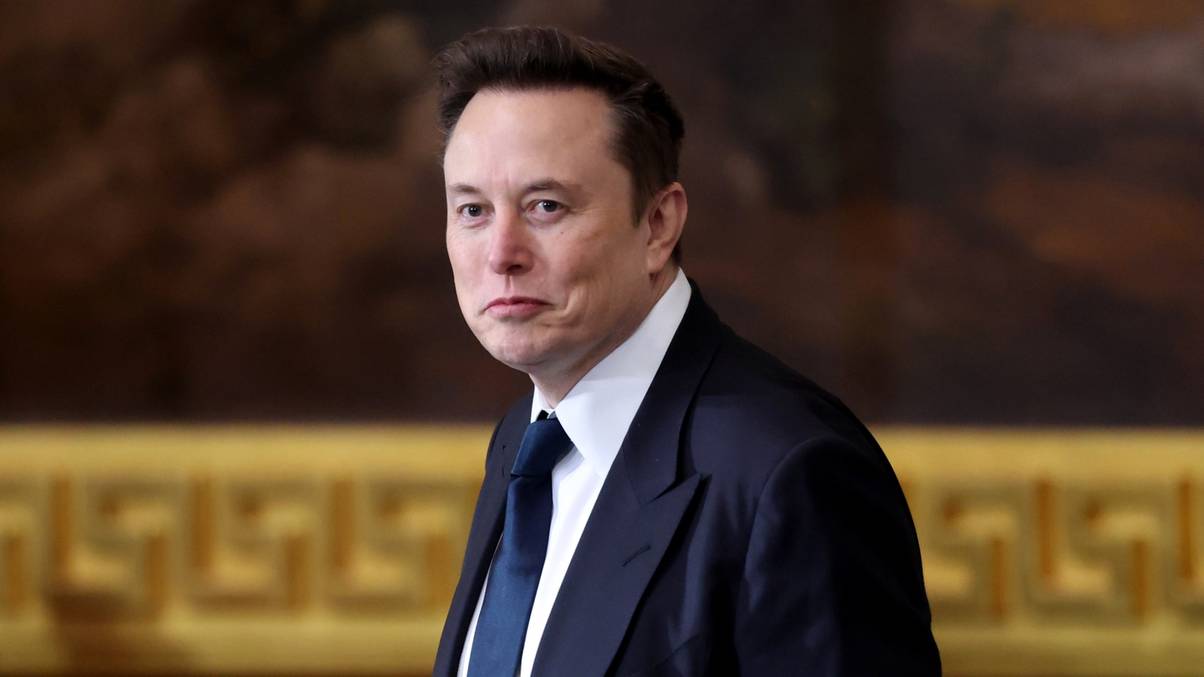“Unlocking the Future: How a Simple Discovery Revolutionized Technology and Changed Our Lives Forever”
The transistor also helped reshape the global economic landscape. As American manufacturers began increasingly focusing on Cold War military contracts, foreign entrepreneurs saw an opportunity to cash in on the emerging consumer electronics market. Among these were Japanese engineers Masaru Ibuka and Akio Morita, who in 1946 founded an electronics company called Tokyo Teletech. In 1958, the company changed its name to Sony. Soon, inexpensive Sony transistor radios and television sets began flooding the global market, establishing Japan as a global leader in consumer electronics and finally bringing the era of the vacuum tube to an end.
Meanwhile, the importance of Brattain, Bardeen, and Shockley’s discoveries were finally recognized when, in 1956, the trio shared the Nobel Prize in Physics for “…their researches on semiconductors and their discovery of the transistor effect.” But their elation was short-lived, for by then Shockley’s ruthless pursuit of sole credit for the invention of the transistor had broken the team apart. Shortly after receiving the Nobel Prize, Shockley moved to Palo Alto California and founded Shockley Semiconductor Laboratory, the first tech company in what would come to be known as Silicon Valley. But while Shockley’s clout initially attracted the best and brightest to his company, his difficult personality and tyrannical management style soon drove them away.
One group of exiles known as the “traitorous eight” went on to found Fairchild Semiconductor, which in 1959 developed the world’s first practical integrated circuit or microchip. Two of the eight, Bob Noyce and Gordon Moore, later founded the Intel Corporation, today one of the world’s largest manufacturers of microprocessors.












